

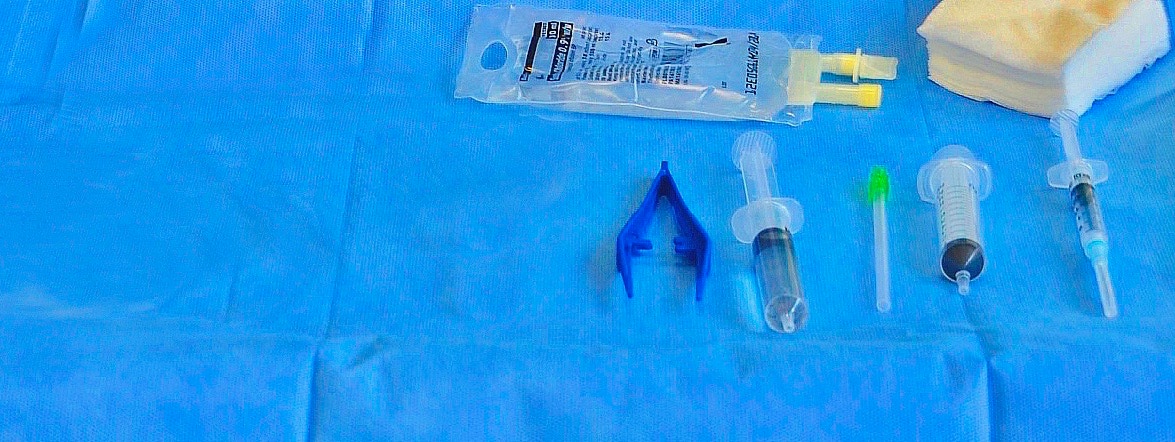
What is ANTT®?
ANTT is defined by the National Institute for Health & Care Excellence
(2012) as being a ‘Specific type of aseptic technique with
a unique theory and practice framework’.
ANTT is a contemporary and explicitly defined practice framework
for aseptic technique providing a common practice language for this
critical clinical competency. As a result, practitioners, health care
organisations and industry using ANTT® worldwide, benefit from more
meaningful conversations about aseptic practice, education, research
and ultimately, patient safety.
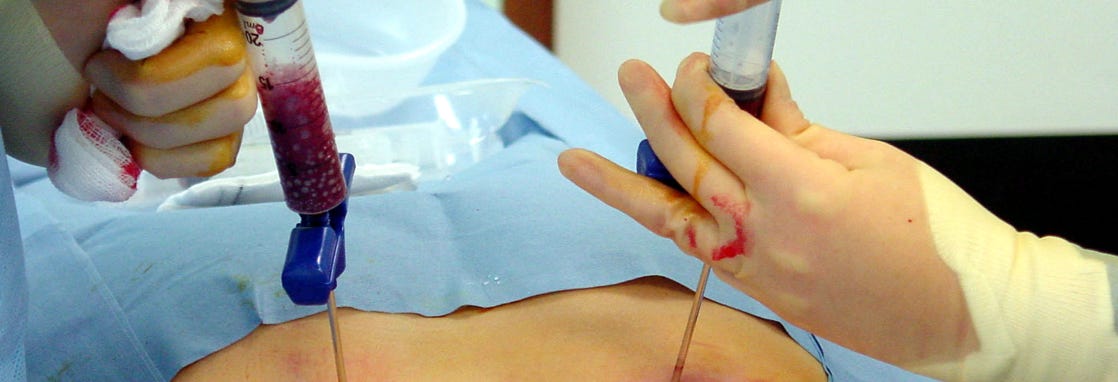
Why use ANTT®?
The literature and clinical practice of aseptic technique is historically confused. A conflicting and interchangeable paradigm, of sterile, aseptic, clean, non touch technique and many other terms is ambiguous, and has confused practice to the detriment of patient safety.
ANTT addresses the historical weaknesses that inhibit practice, and provides health care workers with a logical practice framework that promotes safe and efficient aseptic technique for this critical clinical competency.
Healthcare associated infections (HAI) result in significant mortality and morbidity internationally. It is estimated that 30-70% of HAI’s are preventable (ECDC 2013 & CDC 2016). When performing aseptic technique, healthcare workers aim to protect patients from infection. However, poor aseptic technique actually presents risk to the patient.
Of course, health care professionals do not set out to harm patients during clinical procedures, quite the contrary. But the risk that health care professionals pose is significant, and effective education and training are essential. We work with committed health care professionals internationally to help improve the education and clinical practice of aseptic technique with ANTT.
ANTT…
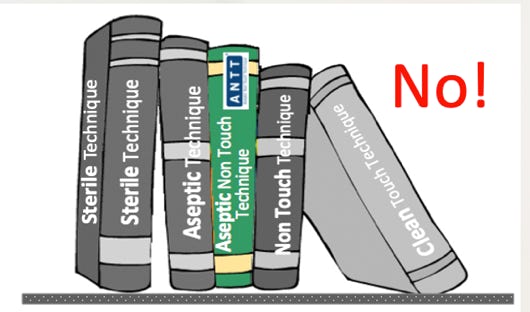
ANTT is for
all Clinical
Procedures
ANTT is not intended to ‘fit’ into the confusing historical paradigm of sterile, aseptic, clean & other techniques. The ANTT framework is designed and intended for all invasive clinical procedures and the maintenance of indwelling medical devices.
‘The 4 C’s’
Pre-requisites for health
care organizations to
establish safe & efficient
aseptic practice
with ANTT
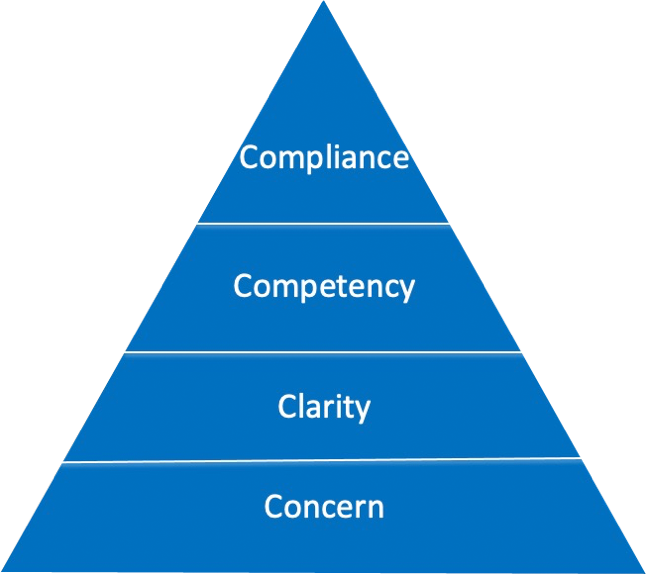
Any healthcare organisation wanting to ensure safe aseptic practice consistently, they first meet 4 ‘foundation’ requirements. We call these ‘The 4 C’s’:- Concern, Clarity, Competence & Compliance
Firstly, a health organisations needs to be concerned, and inform this concern through quality assurance, by for example, an audit of practice standards.
Secondly, organisations wishing to implement or improve aseptic practice require the clarity that comes with an explicit and comprehensive Clinical Practice Framework for aseptic technique - such as ANTT.
Thirdly, once staff are educated & trained in ANTT, they need to be Competency Assessed
Fourth: Once these foundations are put in place, health care organisations are in a realistic position to expect compliance to effective aseptic practice and in a position to monitor standards of practice ongoing.
How does your organisation fair?
Please feel welcome to contact us. We are happy to discuss your organisations status regards aseptic practice confidentially - and help. Just get in touch
Definitions
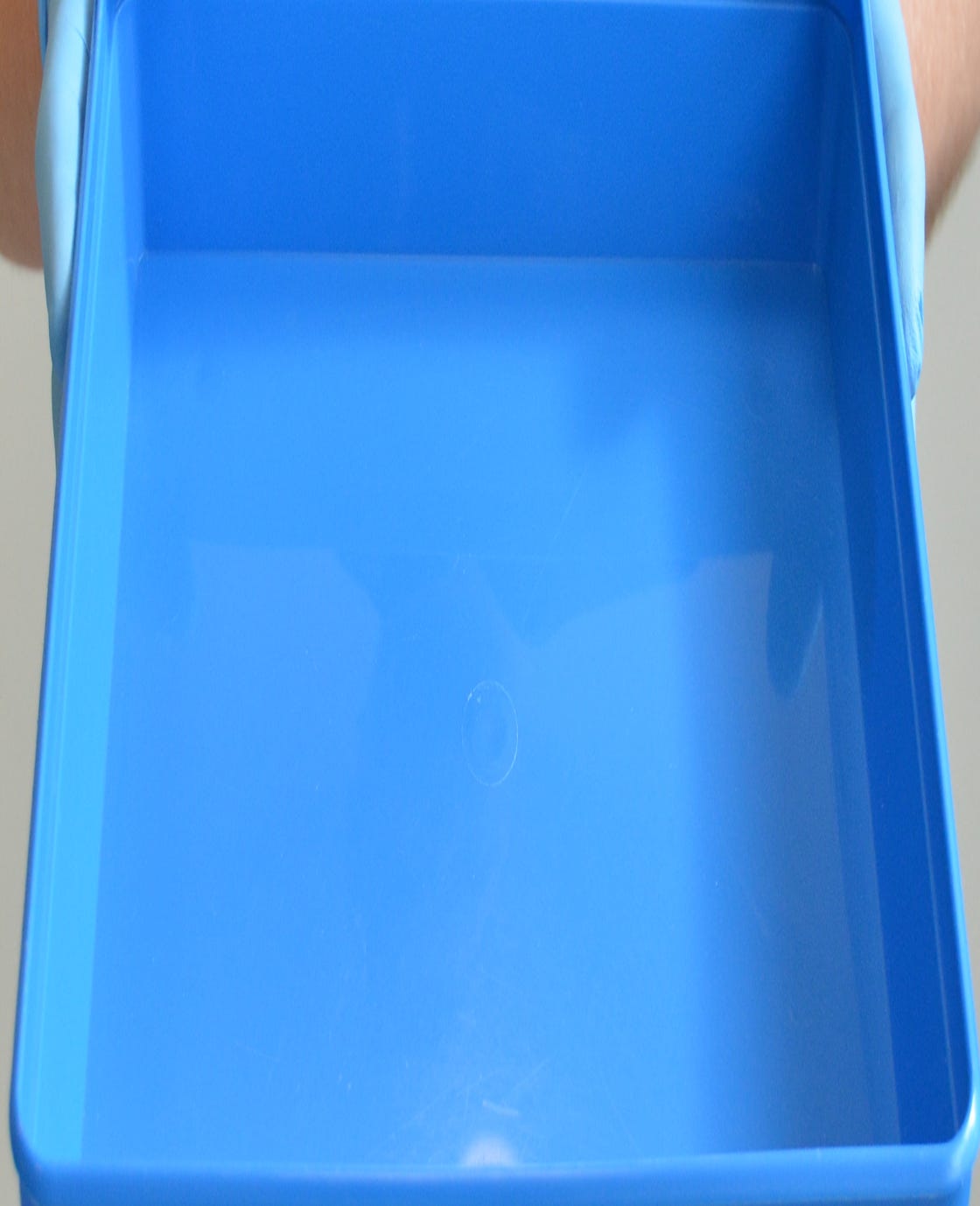
Words matter. Accurate language helps health care professionals communicate effectively to each other. The definition of ‘Aseptic Technique’ long since became a generic term, meaning different things to different people. Hundreds of variations exist which doesn’t stop academics regurgitating them endlessly in the literature. This is how ANTT explains things…
Sterile Technique
‘Sterile’ is commonly defined as ‘The complete absence of microorganisms’. This is generally not achievable in an air environment.
Clean technique
‘Clean’ means, ‘Visibly free of marks and stains’. This is great for washing the dishes. Not so good for aseptic procedures where micro-organisms happen to be invisible.
Aseptic Technique
‘Asepsis’ means’, ‘The absence of harmful micro-organisms in sufficient quantity to cause infection’. Great! This is achievable. The problem however, is that aseptic technique has become a generic term with multiple definitions and meanings.
Aseptic Non Touch Technique (ANTT®)
ANTT is an explicitly defined term and Clinical Practice Framework for aseptic technique. It has a common meaning which we disseminate around the globe.
(Rowley, S. ANTT Clinical Practice Framework 2001)